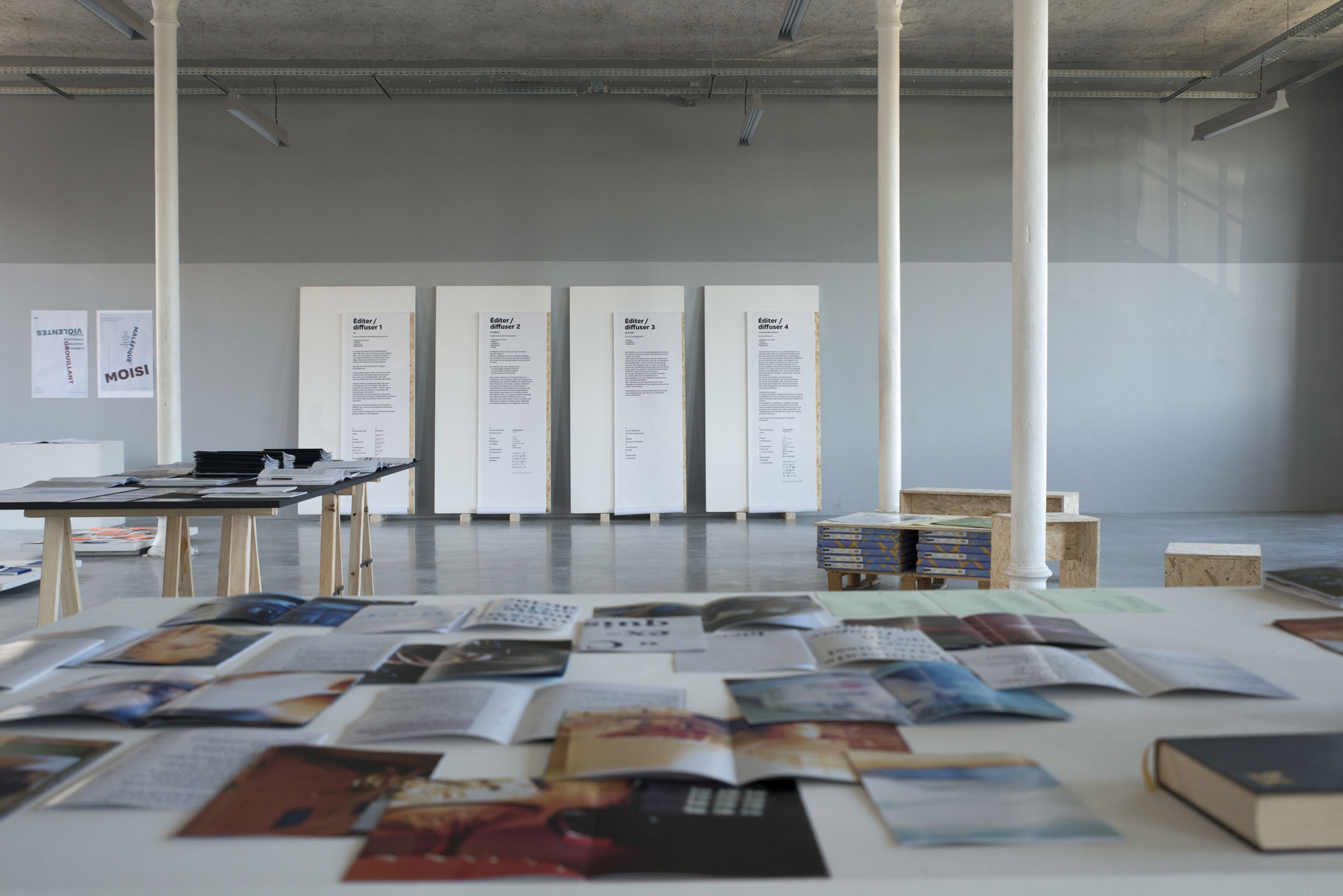Mobility
Students are strongly encouraged to spend some time on a course in a partner institution abroad. Aware that a European and an international dimension are an essential requirement for an art school, since 1990 the ESADSE has been developing a strategy of international cooperation through a number of different actions: exchanges of exhibitions, artists, lecturers and students. Students can spend a study period in one of the ESADSE's partner schools or universities. To encourage international mobility, a network of 61 partner schools has been built up around the world (35 in Europe and 26 outside Europe). Three types of grants are available to students in certain conditions, and they may be awarded more than one of them: Erasmus+, Région Rhône-Alpes (Explo'Ra Sup), and OFAJ (for trips to Germany).
 Fanny Myon - DNSEP Design graphique 2015
Fanny Myon - DNSEP Design graphique 2015 Fanny Myon - DNSEP Design graphique 2015
Fanny Myon - DNSEP Design graphique 2015